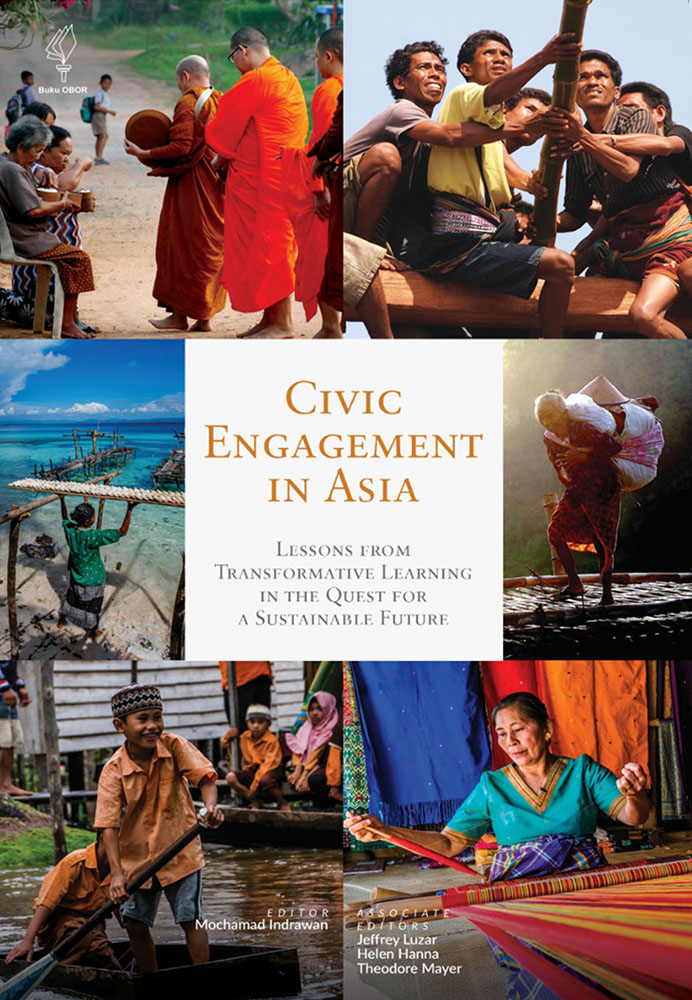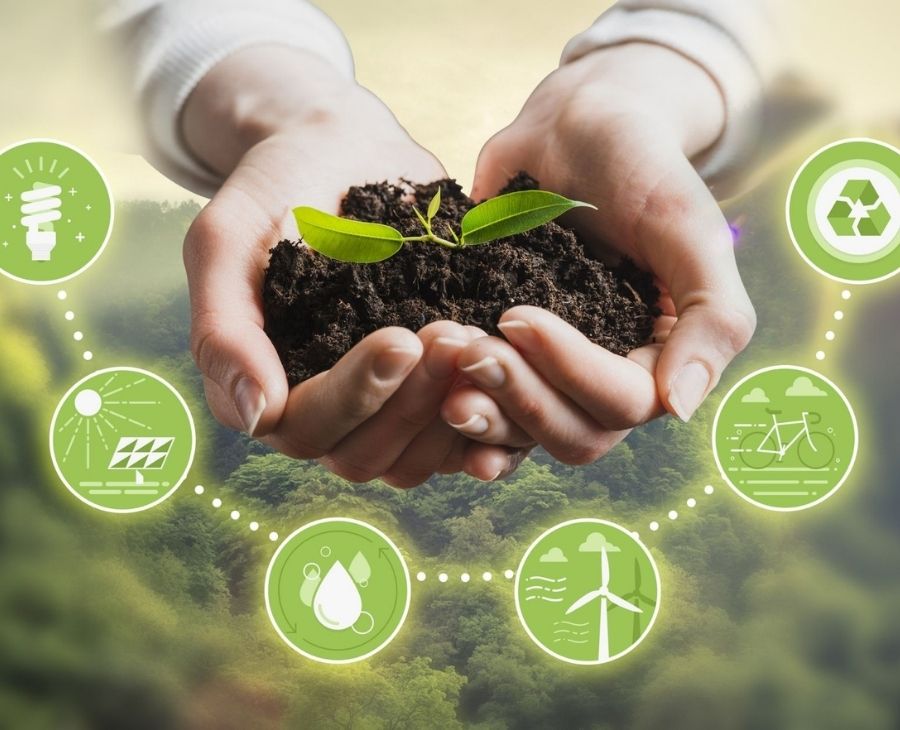What is Civic Engagement 4.0?

Civic Engagement 4.0 (Four Point Zero)
Dignity ~ Justice ~ Sustainability
Sustainability cannot be measured in economic terms alone; environmental, socio-cultural, and spiritual aspects are equally essential. Justice and dignity therefore must be championed as core values when pursuing sustainability. Sustainability also cannot be achieved by a few select populations alone; it requires all of us. Voices that are often underrepresented and marginalized—particularly those of women, Indigenous Peoples, migrants, small-scale farmers and fishers, persons with disabilities and youth—must be heard and amplified.
Civic Engagement 4.0 connects ideas, people, action, and innovation to build a future imbued with dignity, justice, and sustainability as core values—a future where every person is respected as a fellow human being.
Civic Engagement 4.0 invites global citizens from all sectors of society to share, discuss, and develop ideas and actions to achieve these core values in our era of urbanization and rapid technological change. While Civic Engagement 4.0 focuses on the future of Asia, it collaborates with partners and friends from around the world.
What does Civic Engagement 4.0 do?
History
Civic Engagement 4.0 was convened in 2019 by a group of concerned individuals from various geographical, professional, cultural, and disciplinary backgrounds who are committed to working toward a more sustainable society through dialogue and civic action.
Conveners were connected via programs and forums facilitated by several partners in Asia, including the Institute of Asian Studies (IAS) at Chulalongkorn University. During 2017-2019, IAS supported a 3-year regional project entitled “Transformative Learning towards a Just and Ecologically Sustainable ASEAN Community” with funding support from the Japan Foundation Asia Center. The project brought together people working on existing civic engagement and transformative learning initiatives in East and Southeast Asia, who resolved to create a multi-stakeholder platform to enhance collaboration among academics, civil society organization workers, local community leaders, government officials, and private sector representatives to respond to common challenges and work toward a more just and sustainable society in Asia. Civic Engagement for a Just and Sustainable ASEAN: Our Stories and Practices – Institute of Asian Studies (chula.ac.th)
Four Point Zero
Facing Today’s Technological Frontier
Civic Engagement 4.0 is a response to the Industrial Revolution 4.0 in that it attempts to deepen our understanding, discussion, use, and application of technological innovations. Information technology (IT) informs and enhances multi-sectoral engagement while affecting our relationships in fundamental ways. The 2019 Solo forum also harnessed IT through active use of social media to facilitate online engagement with its proceedings. Since then, the COVID-19 pandemic has accelerated and popularized the use of IT to the extent that many of our activities in economic, political, social, and cultural spheres are unthinkable without it.
Civic Engagement 4.0 recognizes that while our technological age presents new opportunities and abilities, it also poses risks and challenges. We propose thoughtful reflection of all these aspects when incorporating technology into efforts to create a sustainable and just society that respects human dignity.


